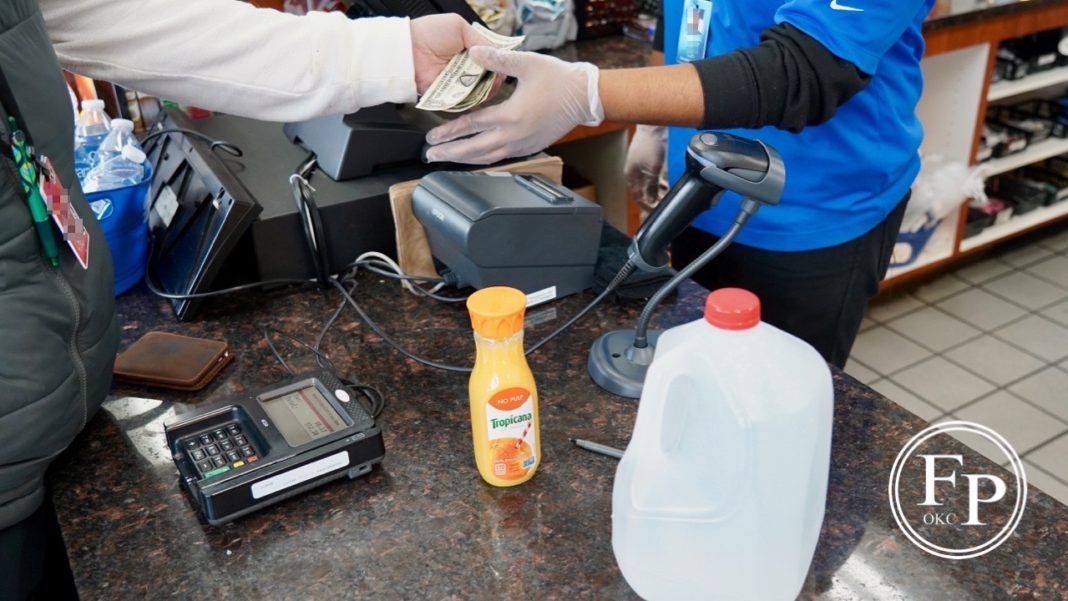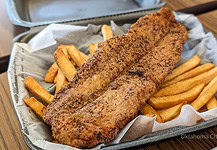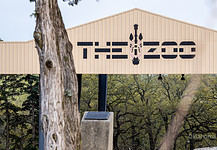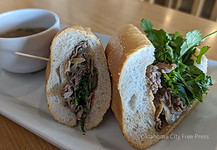Last Updated on March 13, 2020, 4:46 PM | Published: March 13, 2020
Within minutes after President Trump declared a national emergency to address the COVID-19 pandemic, Oklahoma Attorney General Mike Hunter warned that the state’s price gouging statute is in effect.
The statute, or Emergency Price Stabilization Act, prohibits an increase of more than 10% for the price of goods or services after a declared emergency.
After a state or federal emergency is declared, the law is designed to automatically go into effect.
Price gougers beware
In a press release issued immediately following the President’s emergency declaration, Hunter said that the Oklahoma statute empowers his office to pursue charges against both individuals and businesses that engage in price gouging.
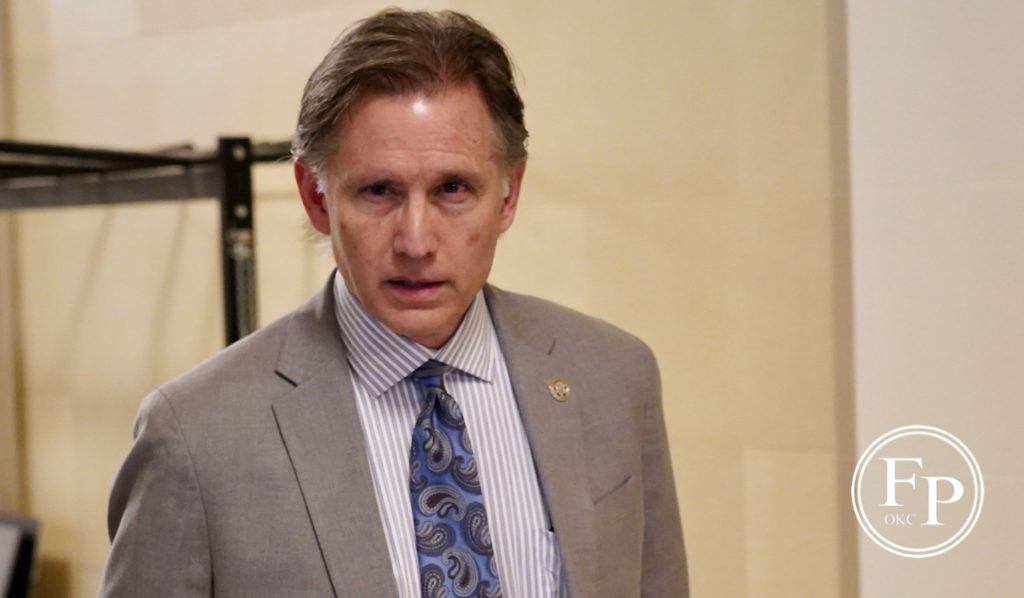
“Scam artists routinely prey on individuals’ emotions during times of fear and crisis,” Hunter said. “I encourage Oklahomans to remain calm but cautious during the ongoing Coronavirus pandemic.”
He encouraged all Oklahomans to not pay inflated prices for items that are going off store shelves quickly right now like hand sanitizer.
“If anyone encounters price gouging, fraudulent charities or other crimes related to deceptive business practices, contact my office where we will not hesitate to prosecute in order to shut these operations down to protect our citizens,” Hunter said.
How to report
For more information or to file a complaint, individuals are encouraged to contact the Attorney General’s Consumer Protection Unit by phone at (405) 521-2029, or email at [email protected].
Free Press talked with Ashton Johnson with the Oklahoma Attorney General’s office in a phone call Friday.
She said that their Consumer Protection Unit is designed specifically to monitor and if necessary prosecute those who use emergencies to hike prices or sell services and not deliver them.
If you think you know of a situation where price hikes over 10% have occurred, it will help investigators in that unit if you have receipts where comparisons can be made and even photos of price tags in the store.
Or, if you think you know of a situation, call or write anyway, Johnson said.
Typically every year during storm season the unit has to investigate roofing repair scams and other types of storm recovery fraud.
“Those schemes and others throughout the year tend to target and prey upon the most vulnerable populations like the elderly,” Johnson said.
Avoiding scams
Hunter’s office gave guidelines on how to avoid scams related to the coronavirus or COVID-19 and ways to get further information.
- Avoid all offers for vaccines or other products specifically claiming to treat or cure COVID-19. The FDA has not yet approved any medical products or treatments for this virus;
- Do not open emails claiming to be from the Centers for Disease Control and Prevention (CDC), the World Health Organization (WHO), or any other entity for which you have not personally subscribed to receive email updates;
- Go directly to government websites, like the CDC, to review trusted updates. These organizations will never ask for personal log-in information or require a download to provide health materials from an email; and
- Thoroughly research charities claiming to be assisting those affected by the Coronavirus. Reputable relief organizations will never require donations in cash, wire, transfers or gift cards. Do not be pressured into immediately paying, instead take time to confirm legitimacy.
The President is giving access to up to $50 billion to states and territories to help them respond to the COVID-19 pandemic sweeping the world and crashing markets in most countries.
Founder, publisher, and editor of Oklahoma City Free Press. Brett continues to contribute reports and photography to this site as he runs the business.
